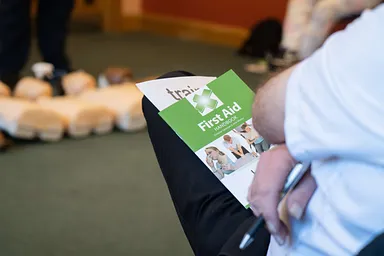It is a widely known fact that if you need to be very lucky to survive a cardiac arrest outside of hospital. Prompt professional care is required in these situations which is not always available in the public / home environment.
Out of hospital cardiac arrest survival rates in the UK have been reported as high as 10% in some regions which seems low; however it is worth noting that some regions of the UK report survival rates as low as 2%.
This in stark contrast to Seattle who’s latest annual survival rates have reached a staggering 56%. This blog will look at what makes Seattle different and whether or not the UK can follow their lead.

Whats Special About Seattle
Seattles out of hospital cardiac arrest survival rates are the highest of anywhere in the world. It dwarfs their national average of between 2 and 25 per cent depending on what state you are in.
Seattle has a special ‘medic one foundation’ which leads the way in researching how to improve survival rates when a person suffers a cardiac arrest within the state. No stone is left unturned in making improvements, which explains why survival rates have risen three years in a row.
The co founder of the program Dr Leonard Cobb puts their success down to teamwork whereby “they simply do not stop” whilst administering CPR. In fact the programs network of highly skilled paramedics never pause CPR for more than 10 seconds. They work quickly and efficiently to deliver the best CPR at all times.
Medic One also have some of the fastest call out times to cardiac arrests across the world. This is due to a sophisticated network of ambulances and by delivering extensive training to the public to help them spot the signs when a person stops breathing.
They have pretty much come up with their own way of treating a non-breathing casualty through years of research and experience. Below is a summary of their success:
Secrets to Success
- Early response times from paramedics
- Never stopping CPR for more than 10 seconds
- Community training and involvement
- Unique de fibrillation; whereby little time is lost
The UK may be suffering through longer call out times when a casualty suffers a cardiac arrest. We also have fewer trained first aiders who can spot the signs of cardiac arrest, which can further delay professional care.
However we should be proud of our great paramedics who do just a good job as those in Seattle. Maybe we can learn from this unique case study, which could help save more lives on our own shores.

.jpg)
.jpg)